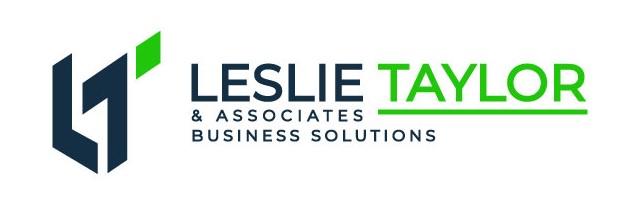Years ago, I worked with a client who left thousands of dollars of deductions on the table.
He did this several years in a row and even had a good tax professional. With that being said, this client failed (unintentionally) to mention to their tax professional that they had multiple thousands of dollars in deductions.
How could this happen? Don’t we all want to minimize (legally) how much we pay in taxes?
I will assume your answer to the above question was a YES. However, the truth is that this happens all the time. Business owners pay too much in taxes and it happens for several reasons.
Let’s unpack those reasons and how you can prepare your business to take full advantage of tax deductions.
Reason 1 – Most business owners don’t know what’s deductible.
There are thousands of pages of tax codes that are changed and updated every year. While I have read some portions because of the nature of what I do (and I like to save money), I don’t find the tax code particularly interesting to read. Furthermore, in the last 3 years, the changes to the code have been very significant for business owners.
Reason 2 – Many businesses are just messy.
For a long list of reasons, some businesses just have messy records. While some do know what is deductible, many don’t have basic accounting knowledge and they incorrectly handle these items on their books. For instance, if you have a home-based business, you can’t put your full mortgage expense on your books but a portion of your mortgage or rent may be deductible. Getting this wrong can lead to incorrectly calculating how much is owed in taxes. Also, certain errors could bring unwanted attention from the IRS.
Other business owners may be messy because they have neglected their records, aren’t good at keeping records organized, or hired a well-meaning friend who does not have a strong grasp of basic accounting to save money.
Reason 3 – Comingling
I dedicated a whole live event to this in October of 2021. Comingling happens when a business mixes business and personal funds. When this happens, it becomes more difficult to correctly determine all of the separate expenses. Accurately calculating expenses is key to determining deductions.
So, where do deductions come from for small businesses?
For small businesses, deductions come from the money that is spent. However, this money must fit the IRS’s guidelines for what (and how much) is deductible.
When it comes to deductible expenses, there can be some confusion (thousands of pages of tax code). I have found the following two questions to be helpful to my clients when we are reviewing expenses:
Was the expense business-related?
What was the business purpose?
To be eligible for a deduction, The money must have been spent for a business purpose. If you had a meal, did you meet with someone and discuss business? The IRS will not cover the fact that you have been working hard all day, became hungry, and decided to treat yourself (I know you deserve it, but Uncle Sam is not willing to pay for it.)
Where do business deductions come from?
Business deductions come from 3 main sources:
Expenses – Money spent in the business to operate the business (includes: rent, business insurance, marketing expenses, salaries and benefits, office supplies)
Costs of Goods Sold – The costs related to providing a good or service (includes: payment processing fees, materials, and supplies to make a product, ingredients)
Assets – Assets are more valuable resources that a business uses (includes: buildings, vehicles, equipment)
In the case of the client I mentioned at the beginning of this article, they neglected to mention to their tax pro that they had purchased and owned assets. They were unable to take those deductions in the years when they made the purchases because their tax preparer did not know about these assets. Ultimately, when I discovered this issue, we were able to bring it to the attention of their tax professional so they could finally get their deductions.
As with anything tax-related, please consult a tax professional to determine what deductions apply for your specific situation. If you do not have a tax professional, I can refer you to one. However, if you are messy and need help making sure your numbers are right before that meeting lets schedule a Discovery Session so we can first clean things up.
If you enjoyed this content and want more of the same, check out my free guide Do This, Not That: 5 Things Keeping Your Business From Reaching Its Fullest Potential where I discuss common barriers to profitability that I observe among most small businesses (and how to fix them).

